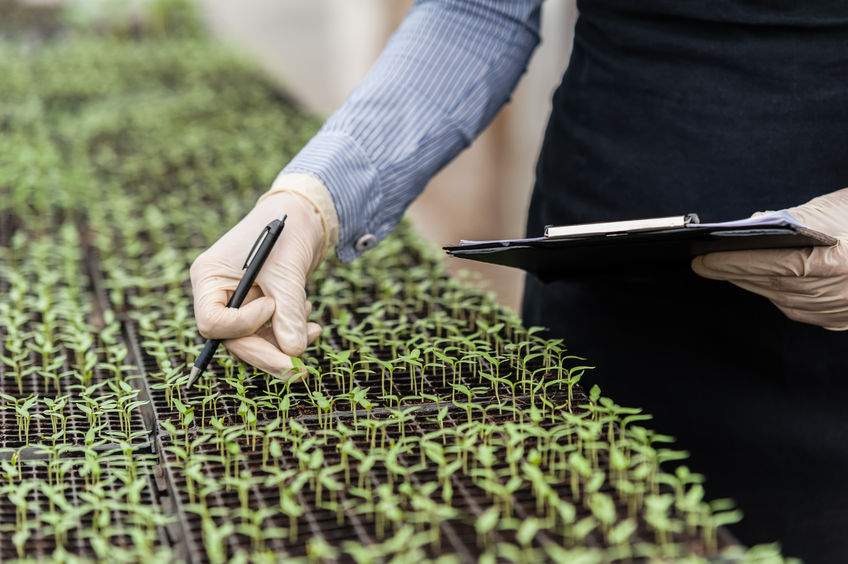
The UK has been urged to "bring back" sound science as the basis for regulating crop genetic innovations post-Brexit or risk trading difficulties and economic loss.
A new report warns that if the UK maintained strict alignment with current "mal-administered" EU rules risks then the country could face trading difficulties and economic loss.
Failure to diverge from some aspects of EU regulation of crop biotechnology and new breeding techniques (NBTs) after Brexit could represent a missed opportunity for the UK.
The report, commissioned by the Agricultural Biotechnology Council (ABC), considers three future scenarios for the regulation of gene edited crops and genetically modified organisms (GMOs), ranging from maintaining current alignment with the EU through improved implementation of EU rules, to the UK setting its own regulatory path on both GMOs and NBTs.
Written by agricultural economist, Graham Brookes of PG Economics Ltd, the report concludes that if the UK sets its own sound-science-based regulatory system, it will provide a first-class food safety assessment system that potentially gives farmers better seed and improves competitiveness.
'Consistently failed'
Currently, all crop biotechnology innovations are subject to the EU’s regulatory framework.
Yet, as the report notes, this approvals system has "consistently failed" to operate as the legislation intended, with authorisations taking years longer than intended and scientific opinion from the body specifically established to provide advice to policy makers frequently ignored.
This has contributed to business uncertainty, disrupting trade and driving away research and development investment from the plant breeding sector, the report warns.
In July, the Court of Justice of the EU (CJEU) ruled that NBTs will be subject to the same regulations, effectively signalling that the EU is an unfavourable location to undertake plant genetics research, development and commercialisation of new crop innovations.
The report highlights that the EU crop biotechnology regulatory system has already contributed to a significant loss of high value-added research scientist jobs and has left the UK subject to a crop trait research and development ‘gap’.
Private sector research and development expenditure in the sector has fallen dramatically in the last 20 years, from about £50 million per year in the late 1990s to about £1.25 million today.
'Trading difficulties'
With the UK set to leave the EU in 2019, the report finds that if the UK remains completely aligned with EU regulation, this will likely cause further trading difficulties and business uncertainty for farmers.
In particular, the report points to the recent CJEU’s ruling that effectively subjects most NBTs to the EU’s GMO regulatory system, putting the EU at odds with the leading agricultural producing and exporting nations of the world that have, based on sound science, determined that many of these innovations do not need to be regulated ‘as GMOs’.
The report says that this has the potential to cause significant trade disruption, especially for key livestock feed ingredients, and lead to short-term raw material shortages, higher production costs, resulting in longer-term losses of competitiveness and jobs in the EU.
In contrast, the PG Economics paper highlights that limited divergence from current EU rules that commits to making the existing EU regulations operate ‘as intended’ plus divergence from the CJEU decision relating to the regulation of some NBTs has the potential to deliver economic gains from a combination of improvement in the competitiveness of the agricultural commodity user sectors and from new investment in NBT research and new crop seed development.
The paper also concludes that the potential long-term benefits to the UK economy are likely to be highest if the UK sets its own path on regulating both GMOs and NBTs based on "sound science".
This is likely to result in the highest levels of UK-based plant genetics sector research expenditure and employment and may also lead to the commercial development of more new crop traits based on NBTs or GMOs becoming available to UK farmers and food processors, it says.
